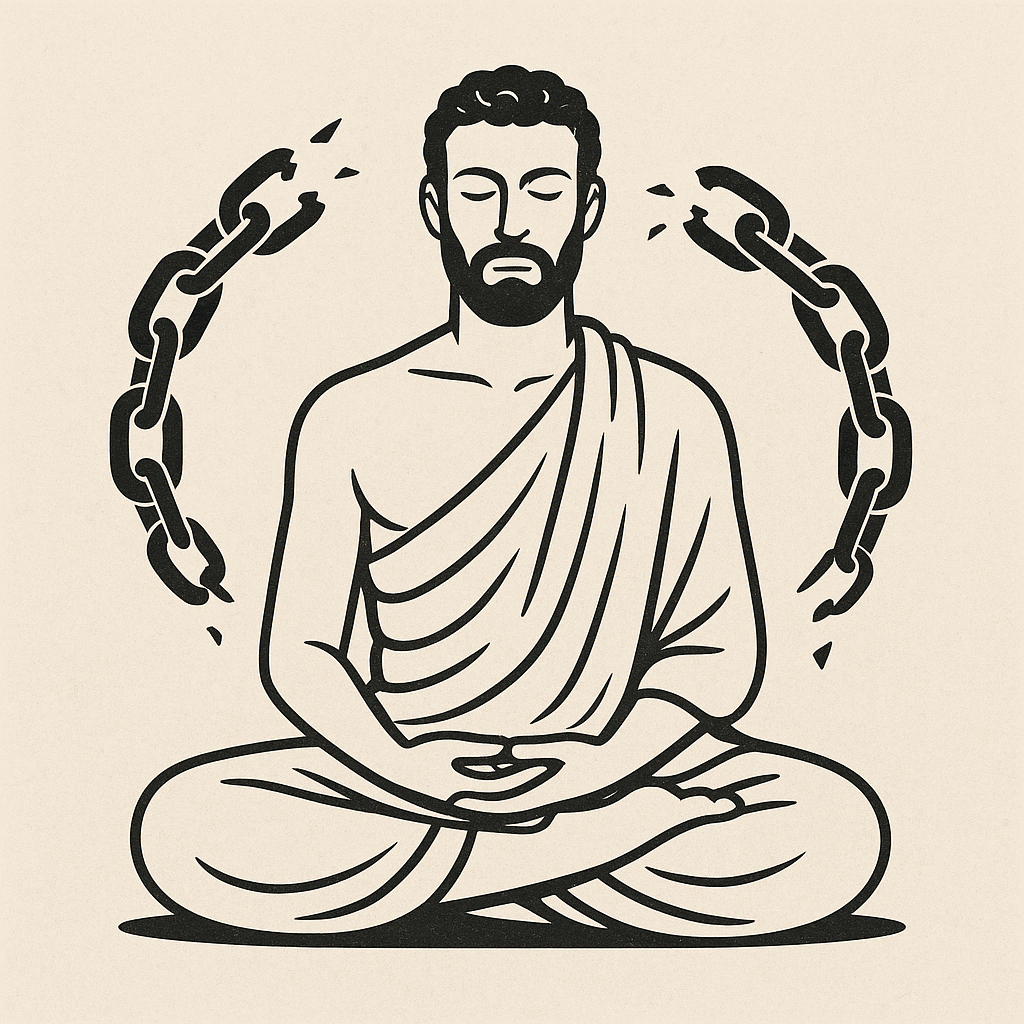The Number of Masters Effect on Confidence

Confidence, in the Stoic view, is deeply intertwined with the question of who or what we allow to be our “master.” According to Epictetus, a central Stoic philosopher, our sense of self-worth and confidence is shaped by how many external “masters” we serve—whether they be people, possessions, or desires. The more masters we have, the less confident and free we become. Conversely, self-mastery leads to true confidence and inner freedom.
Understanding the “Number of Masters” in Stoicism
Epictetus famously asked, “Who’s my ‘master’?” and answered: “Whoever controls what you desire or dislike. So in life our first job is this, to divide and distinguish things into two categories: externals I cannot control, but the choices I make with regard to them I do control.”[^1] In other words, if you allow your happiness, self-esteem, or sense of worth to depend on external validation, material success, or the opinions of others, you create multiple masters for yourself—all of whom can take away your confidence at any moment.
The Relationship Between Masters and Confidence
1. External Masters Undermine Confidence
When we look outside ourselves for approval, status, or security, we place our confidence in the hands of others. This creates dependence and vulnerability. For example, if your boss’s opinion dictates your mood, or if your sense of worth is tied to your possessions, you are not truly confident—you are merely confident as long as those external conditions remain favorable[^2][^3]. Stoicism teaches that this kind of confidence is fragile and fleeting.
2. Self-Mastery Builds True Confidence
Epictetus taught that true confidence comes from focusing on what is within our control: our thoughts, choices, and actions[^4][^5]. By mastering our internal world—our judgments, desires, and reactions—we become less affected by external events. This self-mastery leads to a robust, unshakable confidence that is not swayed by the ups and downs of life.
“No man is free who is not master of himself.” — Epictetus[^5]
3. The Paradox of the Number of Masters
The more external masters we have—people, possessions, or desires we depend on for happiness—the less confident and free we become. Each new master introduces a new source of anxiety and potential loss. In contrast, reducing the number of masters by focusing on self-mastery leads to greater confidence and autonomy.
Practical Steps to Reduce Your Number of Masters
- Identify Your Masters: Reflect on what or who you depend on for happiness or self-worth. Is it approval, status, possessions, or relationships?
- Practice the Dichotomy of Control: Regularly remind yourself of what is within your control (your thoughts, choices, and actions) and what is not (external events, others’ opinions)[^4][^3].
- Cultivate Self-Sufficiency: Develop habits that reinforce your independence and self-reliance. This includes setting personal values and living in accordance with them, regardless of external circumstances[^6][^7].
- Refine Your Judgments: Recognize that your confidence is shaped by your judgments about events, not the events themselves. By changing your perspective, you can maintain confidence even in adversity[^4][^2].
Conclusion
According to Stoicism and Epictetus, the number of masters you have directly affects your confidence. The more you depend on external things or people for your sense of worth, the less confident and free you are. True confidence comes from self-mastery—focusing on what you can control, living by your values, and reducing your dependence on externals. By doing so, you build a confidence that is resilient, authentic, and unshakable.
“Freedom is the only worthy goal in life. It is won by disregarding things that lie beyond our control.” — Epictetus[^7]
Comments
Post a Comment